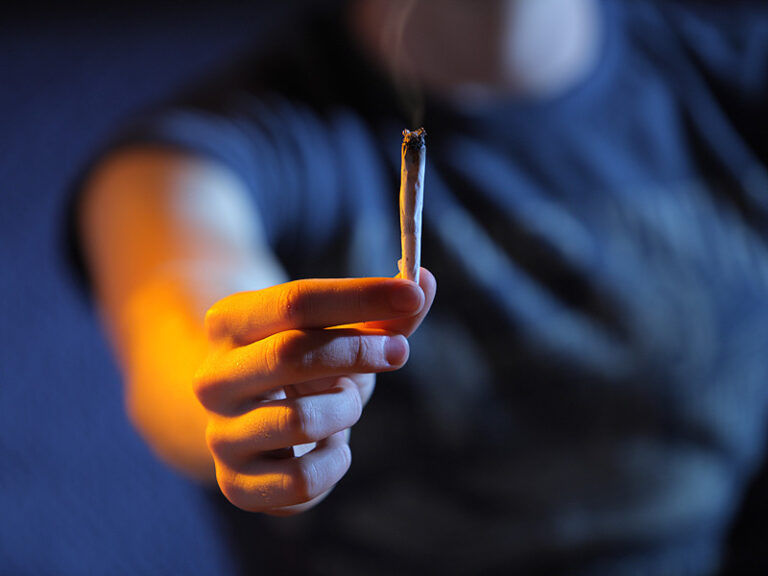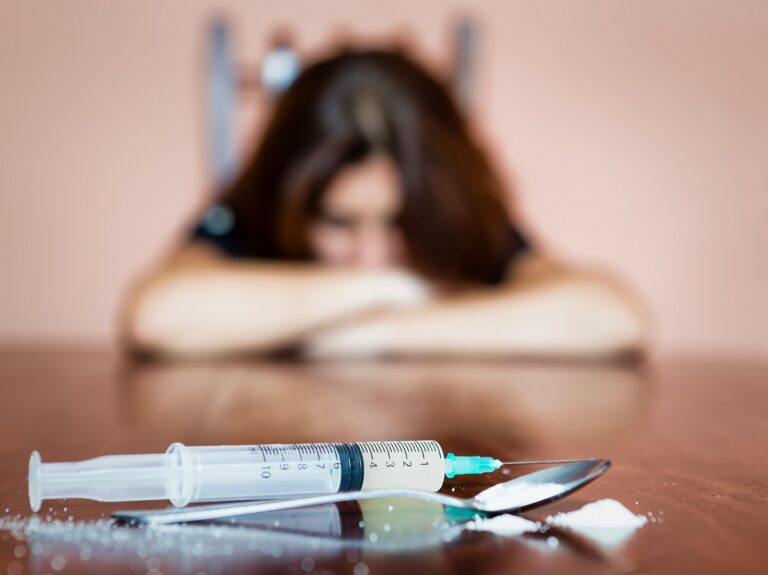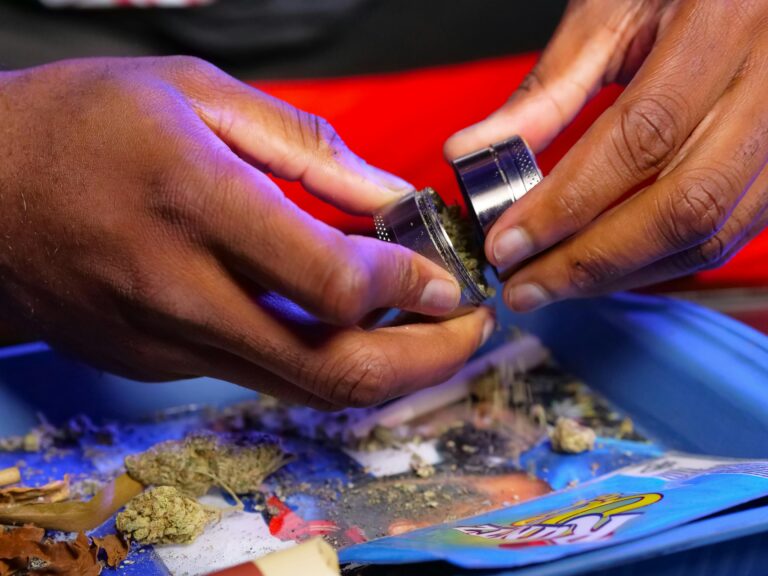Medical Detoxification (Detox)
We provide medically supervised detox to help patients safely withdraw from drugs. This process manages withdrawal symptoms, reduces health risks, and stabilizes the patient physically before therapy begins.
Personalized Therapy and Counseling
Patients receive individual and group therapy to address the psychological, emotional, and behavioral aspects of addiction. Techniques like Cognitive Behavioral Therapy (CBT) help patients understand their triggers and develop healthier coping mechanisms.
Structured, Drug-Free Environment
Rehabilitation centers offer a controlled and supportive environment free from drug temptations and negative influences, helping patients focus solely on recovery with peer encouragement and routine.
Life Skills and Vocational Training
Many centers provide training in essential life skills—such as stress management, communication, and job readiness—to prepare patients for independent, productive lives after rehab.
Family Involvement and Education
Family therapy and education programs help loved ones understand addiction, learn how to support recovery, and heal any relational damage caused by substance abuse.
Aftercare and Relapse Prevention
Rehab centers develop long-term recovery plans, including support groups, continued therapy, and check-ins, to help patients stay clean and navigate life challenges without returning to drug use.
Featured Causes
Lorem ipsum dolor sit amet

Peer Pressure
Young people often start using drugs to fit in with friends or social groups. The desire to be accepted can lead to risky behavior, especially in environments where drug use is normalized.

Emotional or Psychological Trauma
Unresolved trauma—such as abuse, loss, or neglect—can drive individuals to use drugs as a way to escape emotional pain or manage mental health conditions like depression or anxiety.

Easy Access and Poor Regulation
In some areas, drugs are easily available due to poor enforcement or corruption. When access is easy and consequences seem low, the risk of abuse increases significantly.
Effective Ways to Prevent Drug Abuse
Education and Awareness
Teaching individuals—especially young people—about the dangers and consequences of drug abuse through schools, churches, media, and community programs can reduce curiosity and risky behavior.
Strong Family Support and Parenting
Open communication, strong parental guidance, and emotional support at home help children build self-esteem and make better decisions. A stable family environment reduces the likelihood of drug abuse.
Positive Peer Influence
Encouraging healthy friendships and peer groups discourages drug use. When young people surround themselves with others who make positive choices, they’re less likely to turn to drugs.
Early Intervention and Counseling
Identifying and addressing early signs of emotional distress, trauma, or behavioral issues through counseling can prevent individuals from turning to drugs as a coping mechanism.
Youth Engagement and Skill Development
Involving young people in sports, music, entrepreneurship, volunteering, and other productive activities builds confidence, provides purpose, and keeps them away from drugs.
Strict Regulation and Law Enforcement
Limiting access to illegal drugs through stronger laws, monitoring pharmacies, and cracking down on drug trafficking reduces availability and discourages use
Our Team
Meet Our Team

David Folaranmi
Executive Director
LiveFree Renewal Center

Mrs Nnenna Folaranmi
Deputy Director
LiveFree Renewal Center

Michael Clark
Support Staff

Miss Puah Omokhuale
Principal Staff Officer
Testimonials
What People Have to Say About LiveFree Renewal Center

Partner With Us
Join us for a better life and beautiful future
Whether you’re a health institution, school, donor, faith group, or individual who cares, we invite you to partner with us in creating drug-free futures. Together, we can help even more people live free and whole again.
